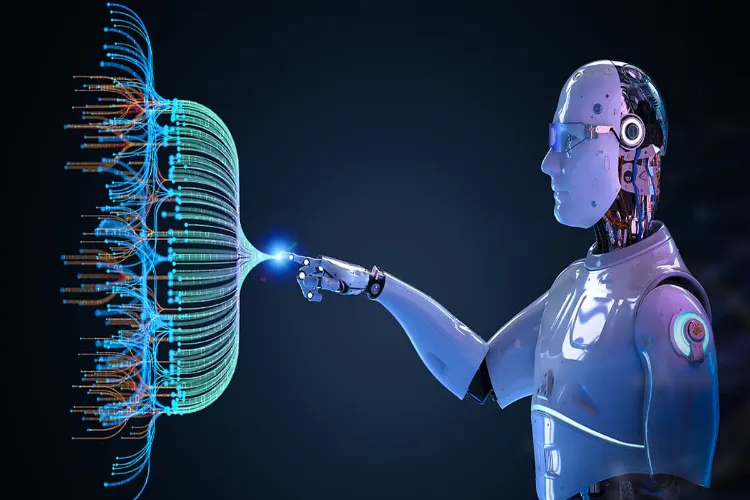
New Delhi
Indian Institute of Technology (IIT) Roorkee has developed the world's first AI framework for transliterating the historic Modi script into Devanagari, officials said on Friday.
Leveraging a Vision-Language Model (VLM) architecture, the model "MoScNet" offers a powerful tool for preserving medieval manuscripts and supporting large-scale digitization under initiatives like Digital India and Bhashini.
The project titled "Historic Scripts to Modern Vision", introduces "MoDeTrans", the first dataset of its kind, featuring over 2,000 images of real Modi script manuscripts spanning three historical eras -- Shivakalin, Peshwekalin and Anglakalin -- along with expert-verified Devanagari transliterations.
The AI model MoScNet, led by Sparsh Mittal of IIT Roorkee, significantly outperforms existing OCR models and offers a scalable, lightweight solution ideal for deployment in low-resource environments.
The research team also included contributions from students, Harshal and Tanvi, who pursued their studies at COEP Technological University (formerly College of Engineering, Pune) and Onkar, an alumnus of Vishwakarma Institute of Information Technology, Pune.
"This work shows how we can harness the power of AI not just for automation, but to revive our cultural heritage, empower academic research, and drive nation-building. With over 40 million Modi script documents spread across India including land records, Ayurveda manuscripts, and medieval science texts, the initiative addresses a massive gap in academic and archival research."
"Given the limited number of Modi script experts and the deteriorating condition of these records, this transliteration technology brings unprecedented efficiency and accessibility to heritage preservation," said Kamal Kishore Pant, Director, IIT Roorkee.
Principal Investigator Sparsh Mittal explained that the researchers aim to democratize access to India's ancient knowledge using open-source, scalable, and ethically trained AI tools.
"We have built a transliteration engine and set the foundation for future AI research in Indic scripts and multilingual learning," he said.
The project aims to preserve India's medieval knowledge through AI-assisted digitization, while simultaneously developing scalable, open-source tools for historians, researchers, and government archives. By enabling future integration with national platforms such as BharatGPT and Bhashini, the model supports multilingual AI capabilities and enhances access to India's cultural assets.
